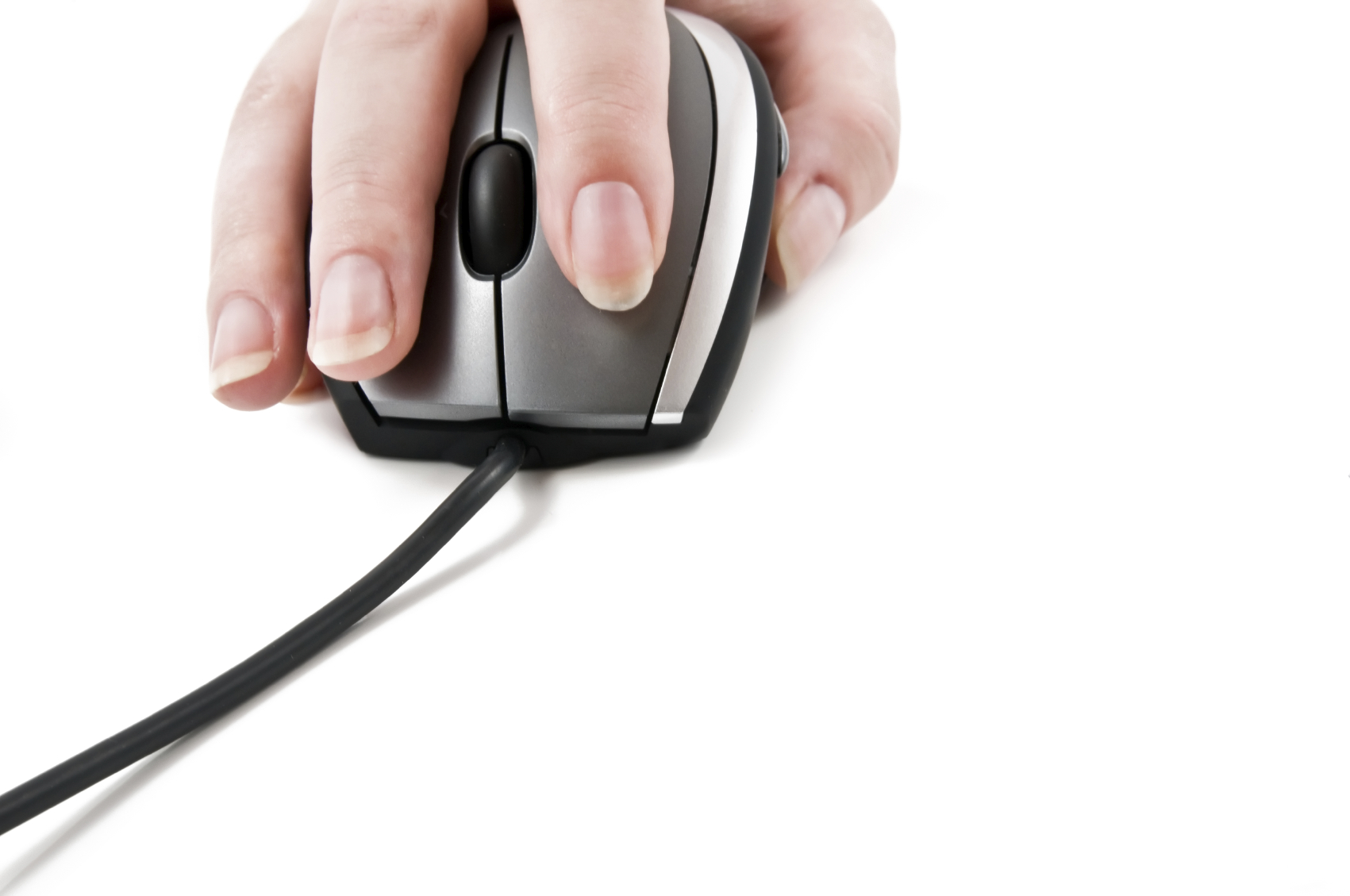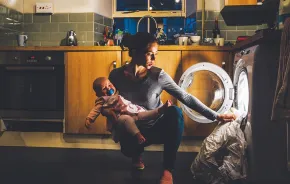
Tiger Mothers. The myths of overscheduling. Indigo children. Affluenza. The cult of the naughty mat. SAHMs vs. WAHMs. That dad who shot his daughter’s laptop on YouTube.
Remember them?
They are the ghosts of our parenting clickbait past. Admit it: You clicked on at least some of them.
It’s OK. To be human is to be curious. We humans are driven by emotions ― and parenting children is the biggest emotional roller coaster of them all. We’re drawn to disturbing or wacky things. If it has to do with the outrageous ways other people are raising their kids (which makes us feel like automatic parenting rock stars), even better.
You’ve heard, “If it bleeds, it leads”, right? Our built-in survival system, complete with its own super-strong fear circuit, makes us pay attention to signals that could save our lives. This could have a lot to do with why we click arousing links about extreme parenting. As parents, we are magnetically drawn to ― even as we are also repulsed by — stories about stranger danger, kids on drugs, and extreme bullying.
I’m looking forward to the day when parents can more easily find alluring links to helpful educational information alongside links that compel aimless ambling and guilty-pleasure gawking.
Click.
Rewards are another strong human drive. Dopamine, the neurochemical that gives us the rewarding sensation of pleasure, is released each time we get one of these goodies. Little squirts of dopamine give us a moment of bliss on earth, or at least a little buzz. Dopamine activates the “do-it-again” (and again) circuit.
Click.
So, we love to hate parenting clickbait. We’re are also motivated to take very good care of our children. The problem is, those drives aren’t always in synch.
Sure, we also feel ecstasy when we snuggle our children and read a book together. But it doesn’t take a child psychologist or radiologist to tell you that a brain scan is likely to reveal that you derive as much or more pleasure from your exploding Twitter feed as you do from hanging out with your kid.
Reading the newest, evidence-based research book about parenting strategies (as opposed to the wild comments section on a parenting clickbait “article”) is probably way down the dopamine-buzz list.
In a contest, neuroscientists insist that emotions trump thoughts in moments of intense arousal. Against our better judgment, we click alluring links about celebrity parenting kerfuffles, alleged child abductions and the world’s worst mothering. Like news about terrorist or shark attacks — which are statistically low probability events for you and me — our brains are riveted by the bizarre and highly unlikely.
For example, right now would you choose to read an article about the importance of play, how to guarantee admission to an Ivy, or the breastfeeding of a husband and child at the same time.
OMG, did I say breastfeeding a husband and child at the same time?! What?
Click.
It’s not your fault if you are drawn to the latter two, but I would urge you to click on the first story, also. Or, read about why going to an Ivy doesn’t really matter much. Those are the stories that will contain the real gems that could help you on your parenting journey.
As a pragmatic and academic-leaning psychologist, I appreciate the way our emotional brains help us survive. Bring on the sex, food, protection of babies, and avoidance of danger!
But our survival also depends on our natural instincts for nurturing and empathy. To nurture those instincts, we have to take the time to read the real stuff: Positive discipline, body image, screen-time truths and sleep science.
But don’t despair or heap on that parent guilt: Stories that push our parental fear-buttons can potentially motivate us to curb bad habits. Reading about the touchscreen takeover of the toy cabinet may inspire parents to dial back on screen time. Others may read up on mindful parenting after they hear about the association between yelling at children and later teen problems. Distress, even looky loo-style, can be beneficial, when it motivates positive behavior change.
Anxiety-provoking news about parenting would be more worthwhile if it supplied healthy solutions. However, it can require an entire book chapter to explain how to moderate the role of technology, prioritize time for loving and laughing, enhance emotional and social learning, or set limits without yelling and harsh punishment.
Sometimes, though, it pays to make the time.
Let’s say your toddler throws a fit every night if he isn’t allowed to sleep with you. How do you learn whether a reward system for staying in bed is likely to harm or help him? Maybe your family will benefit, especially if you are a depressed mom who desperately needs sleep. The American Academy of Pediatrics has recommended against the family bed, but there has been a backlash, which is hard to understand without some deep reading.
The Internet is a global, anonymous cafeteria, with a table of parenting consumables the size of North America. The cafeteria offers plenty of healthy options and gobs of junk food.
How do you choose? Even mainstream news sites lure you with grabby headlines about Kardashian parenting, pole dancing classes for little girls, and spa days for rich kids.
I’m looking forward to the day when parents can more easily find alluring links to helpful educational information alongside links that compel aimless ambling and guilty-pleasure gawking.
People buy fruit more frequently when it is placed near the cash register. Gooey, chocolate chip cookies are so attractive they don’t need primo placement for a purchase nudge.
A story about a leading retailer killing the pink and blue aisles could have a side bar with resources on gender identity. A story about how time-outs can hurt your kids could be paired with one describing their use, and maybe one on their misuse, for balance.
I confess. Like most parents, I often choose the cookies. But I make sure to always buy the fruit too — especially if it is placed where I can easily find it. I offer this challenge: Promise yourself that, for every time you click down an extreme parenting rabbit hole, you’ll also find one quality, useful read that can help you be the parent you want to be.











